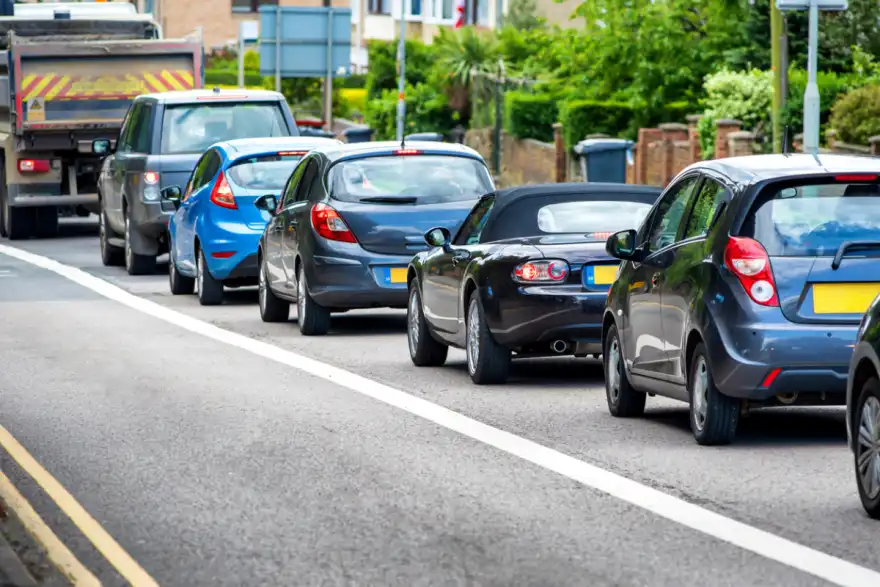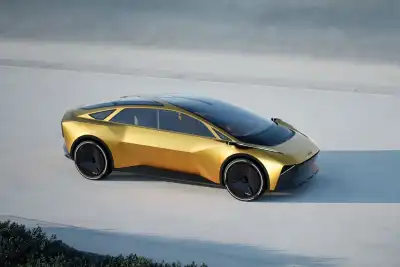
Recent analysis from the Society of Motor Manufacturers and Traders (SMMT) reveals some interesting trends in the UK's car landscape. Despite a modest 2.1% drop in CO2 emissions from the average UK car, the vehicles on our roads are getting older. In fact, the average age has ticked up to over nine years, partly due to factors like rising motoring and living costs, as well as production delays over the past couple of years.
If you're hanging onto your car for longer, make sure to check its MOT history so you're aware of any potential issues.
Last year, the number of vehicles on UK roads hit a record high of 41.4 million, with privately owned cars making up the majority. However, the rate of car replacement has slowed, contributing to this aging trend. While the automotive industry has bounced back from post-COVID supply challenges, the scrappage rates for older cars have hit historic lows.
Despite this aging trend, there's a glimmer of hope on the emissions front. The influx of low-emission electric cars and hybrids into corporate fleets has nudged down the average CO2 output of UK cars, albeit marginally. However, the pace at which our car fleet is getting older is outstripping its environmental improvements.
The SMMT is pushing for a faster rollout of EV charging infrastructure, highlighting the stark ratio of plug-in vehicles to public charge points. Additionally, they advocate for incentives similar to those for corporate fleet users to encourage private car buyers to opt for cleaner vehicles, which could significantly cut carbon emissions on UK roads.
Improving public transport is another avenue for decarbonisation, but SMMT data reveals a concerning decline in the UK's bus fleet, with one in five buses being over 18 years old. Despite being Europe's largest market for zero-emission buses and coaches, the overall number of buses in the UK has hit a record low.


